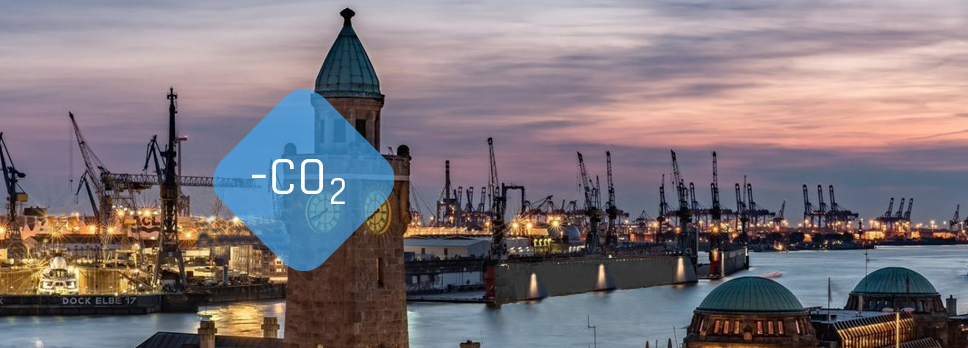
Economical and climate-friendly
Clean Power Net’s aim is to expand the potential of fuel cell technology within the markets that serve industry and business – and this will principally be achieved through partnerships between users and manufacturers of fuel cells. The CPN network is paving the way for the widespread, rapid and economical use of this climate-friendly technology in the supply of energy.
The markets
• Information technology
• Railway infrastructure
• Telecommunications
• Traffic-control systems
• Road/transport safety
• Measurement technology
• Process automation
• Supply of water and power
In the telecommunications field alone there is enormous potential for using fuel cells to provide secure and uninterruptible power supplies: More than 5 million base stations worldwide (2020) producing more than 7 million tons of CO2 annually through the operation of diesel generators. We are currently laying the foundations for the development of this market.
Our main concern at Clean Power Net is the promotion of environmentally friendly and economical fuel cell applications for industry and business. This will enhance the competitiveness of both users and manufacturers of innovative fuel-cell solutions in Germany.
Fokus of Clean Power Net
Uninterruptible Power Supplies (UPS), Back-Up, Emergency Standby Power Systems
Fail-safe power supplies are nowadays essential in many areas of industry and in society at large, whether it be mobile-phone base stations, hospitals, industrial process control centres, computer centres or secondary technology in transformer stations. UPS systems ‘bridge’ the outage. Fuel cells offer a persuasive solution here due to their long service lives and the fact that they cover a wide temperature range.
Mobile and semi-stationary power supply
A reliable, off-grid and flexible supply of energy is a decisive factor in a wide variety of situations. On-board power supplies for rescue and security forces, the provision of power in the event of a disaster or the supply of energy for security technology at events all require a reliable source of energy. The fuel cell is of tremendous importance here as a mobile or semi-stationary, emission-free energy supplier with a high level of efficiency.
Non-grid-connected/autonomous power supplies
Connection to an electricity grid is frequently impractical, and it is not economically viable to lay a cable. Mobile-phone base stations in emerging countries, construction-site safety equipment and road-pricing systems are therefore powered via batteries or diesel generators. The fuel cell is the economical and environmentally friendly alternative in such cases. In combination with a PV system, it is also possible to supply houses with energy completely self-sufficiently.
Virtual power plants
The demand imposed on electricity grids by power fluctuations is increasing with the development of renewable energy sources. Alongside large power stations, a short-term operating reserve can also be provided by integrating small, distributed (but centrally controlled) installations comprising fuel cells powered by renewable fuels, which will operate as emission-free virtual power plants.
“Green hydrogen plays a central role in the transformation of our economy. We will have a high demand for green hydrogen in the future and will also need imports in addition to production in Germany. That is why we are already starting the international ramp-up of the hydrogen economy and building long-term value and supply chains via the H2Global instrument.”

Dr. Robert Habeck, Federal Minister for Economic Affairs and Energy
(Source: BMWK)
“Climate protection can only work if the broad centre of society supports it.”

Dr. Volker Wissing, Federal Minister for Digital Affairs and Transport
(Source: BMDV)
“We have a whole range of programmes in place to promote the changeover, and CO2 pricing will continue this trend. Specifically, we are promoting battery-powered lorries, fuel cell and hybrid drives. There is a very broad funding programme of 1.6 billion euros until 2024.”

Oliver Luksic, Federal Government Coordinator for Freight Transport and Logistics
(Source: BMDV)
